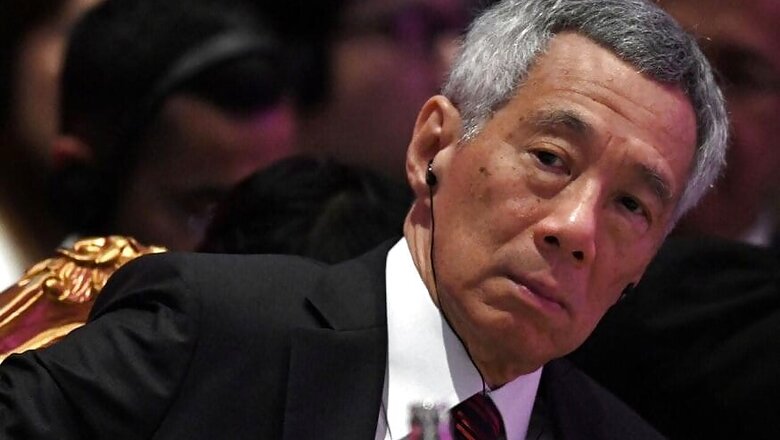
views
The much-needed vaccine to combat the coronavirus will take at least one year before it becomes available widely, Singapore Prime Minister Lee Hsien Loong said on Sunday, urging the people to "learn to live" with COVID-19 for a long time.
He asked Singaporeans to play their part in limiting the spread of the virus by maintaining personal hygiene, wearing masks, observing safe distancing rules and avoiding crowded gatherings.
"It will take at least a year, probably longer, before vaccines become widely available," said Lee in the first of six national broadcasts on Singapore's future after the COVID-19 pandemic in the coming days. We will have to learn to live with COVID-19 for the long term, as we have done in the past with other dangerous infectious diseases, like tuberculosis," Lee said.
The prime minister also highlighted Singapore's progress in tackling the COVID-19 pandemic.
New cases in the wider community have come down and the situation in foreign workers living in dormitories has stabilised, Lee said.
This has allowed the country to ease strict circuit breaker measures, he said, adding that the contact tracing and testing will be stepped up to detect the coronavirus cases earlier, isolate their contacts, and prevent clusters from forming.
"If all goes well and the outbreak remains firmly under control, we will ease up further (on measures to control the spread of coronavirus), and resume more activities as soon as possible," he said.
The prime minister said that beyond the public health impact, COVID-19 had become a serious economic, social and political problem.
"It is in fact the most dangerous crisis humanity has faced in a very long time... We are in a totally unprecedented situation," he said.
Pointing to the global economy having virtually ground to a halt, Lee said the governments have spent trillions of dollars to support businesses, economies and jobs, but still tens of millions of jobs have been lost.
Singapore's domestic economy has also taken a severe hit. The country's gross domestic product is likely to shrink by between 4 and 7 per cent - its worst contraction ever.
Singapore's economy depends heavily on international trade and investments, which were already slowing down before the pandemic hit.
"Now this slowdown will happen faster, and go further," Lee said.
The government has spent billions of dollars to save jobs and keep businesses afloat, and is doing so without having to borrow.
On Friday, parliament passed a second supplementary supply Bill, bringing government spending on four COVID-19 support packages to Singapore dollars 92.9 billion or nearly 20 per cent of the country's GDP. These will require a Singapore dollars 52 billion draw from Singapore's past reserves.
"But even for us, this level of spending is hard to sustain. More importantly, these measures cannot shield us from the tectonic shifts taking place in the global economy," Lee conceded.
The world will not return to the open and connected global economy of the past anytime soon, he said, adding that the movement of people will be more restricted, and health checks and quarantines will be the norm.
Industries that depend on travel, like aviation, hotels and tourism, will take a long time to get back on their feet, and may never recover fully, Lee said, pointing out that it would no longer be easier to travel easily as has been happening.
Countries will also strive to become less dependent on one another, especially for essential goods and services such as food or critical medical supplies, the prime minister said.
"This will have strategic implications. Countries will have less stake in each other's wellbeing. They will fight more over how the pie is shared, rather than work together to enlarge the pie for all. It will be a less prosperous world, and also a more troubled one. All these changes will impact Singapore greatly and mean that the next few years will be a disruptive and difficult time," he cautioned.
But the prime minister said Singapore will emerge stronger and better from the crisis.
Singapore has an international reputation built up over decades, a headstart on preparing for the uncertainties ahead, and plans in place to help Singaporeans cope with the challenges, he said.
Singapore Ministers will share more details at later broadcast as a follow up to the prime minister's Sunday broadcast.
Broadcasts have been scheduled between June 9 and June 20 by Deputy Prime Minister Heng Swee Keat, Senior Ministers Teo Chee Hean and Tharman Shanmugaratnam, Trade and Industry Minister Chan Chun Sing and National Development Minister Lawrence Wong.











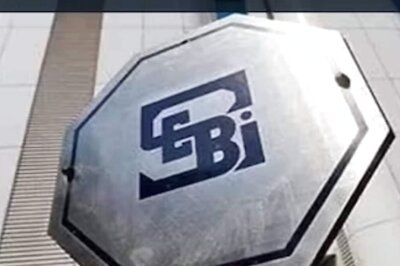


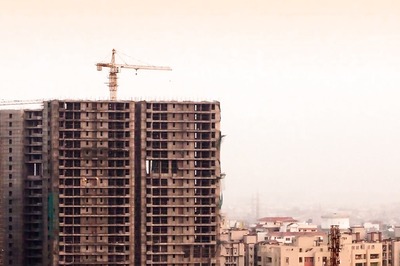

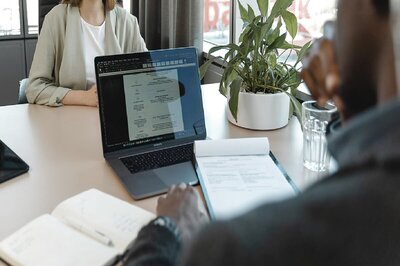
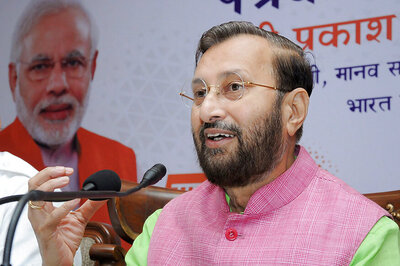
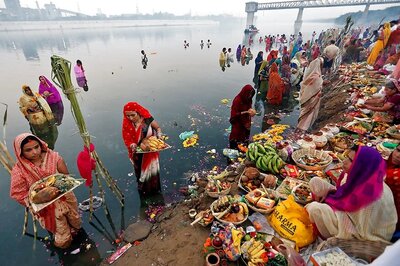
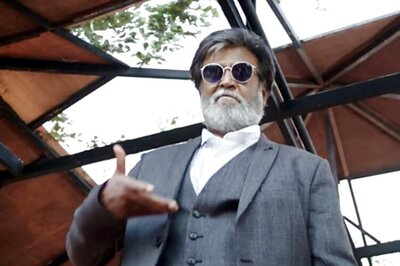
Comments
0 comment